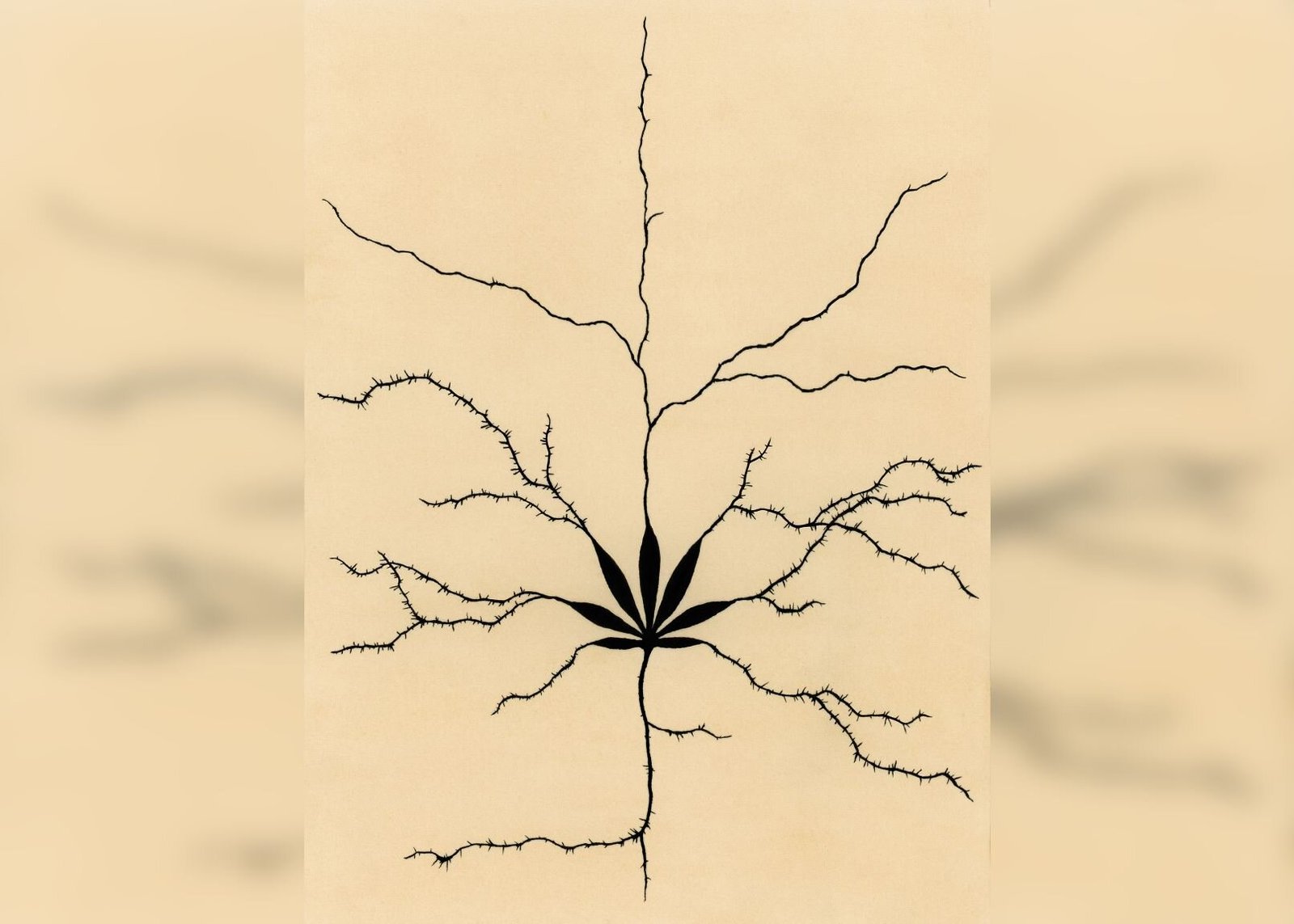Cannabis, known by various names such as marijuana and pot, has undergone significant changes in its legal status across the United States. Many states have legalized its use, either for recreational purposes or through medical prescriptions. However, a recent study led by researchers at Yale University highlights the potential risks associated with cannabis use disorder and its correlation with several psychiatric illnesses.
The study, published in Nature Mental Health, investigates the connection between traits of cannabis use and the emergence of psychiatric disorders. Lead author Marco Galimberti, Ph.D., an associate research scientist at Yale School of Medicine, notes that while some reports suggest cannabis might alleviate certain mental health issues, their findings indicate that cannabis use disorder can actually increase the likelihood of developing psychiatric conditions.
According to the 2021 National Survey on Drug Use and Health, about 52.5 million Americans aged 12 and older have used cannabis at least once. Furthermore, research estimates that around 30% of those who use cannabis may develop cannabis use disorder, which is characterized by a pattern of use leading to significant distress or impairment in daily life.
The Yale study utilized previously published genome-wide association analyses (GWAS) to explore how cannabis use disorder relates to various psychiatric conditions. GWAS involves examining large datasets to identify genetic markers linked to specific traits or diseases. The researchers focused on connections between cannabis use disorder and major psychiatric traits, analyzing how genetic risks for one disorder may affect the risks associated with another.
The results revealed several bidirectional causal relationships. Notably, individuals with psychiatric conditions have a higher risk of developing cannabis use disorder, and conversely, those with cannabis use disorder are at greater risk for psychiatric disorders. The study corroborated earlier research linking cannabis use disorder with schizophrenia and bipolar disorder, while also establishing new connections with anxiety disorders, major depressive disorder, and post-traumatic stress disorder (PTSD).
Senior author Joel Gelernter, M.D., highlighted the implications of these findings, stating that while some may advocate for cannabis as a treatment for PTSD, the analysis suggests that cannabis use may actually exacerbate PTSD symptoms rather than alleviate them. He emphasized the need for rigorous scientific research to support the use of cannabis as a treatment option, noting that clinical trials are often lacking for many mental health conditions.
This study offers valuable insights for public health professionals, providing a fact-based framework to assess the risks and potential harms of cannabis use among individuals with certain mental health disorders. Gelernter remarked on the growing trend of clinicians prescribing cannabis for various conditions, cautioning that such practices should be reconsidered in light of the evidence presented in their research.
As cannabis legalization continues to expand, understanding the relationship between cannabis use disorder and psychiatric risks becomes increasingly important for public health and clinical practice. This study underscores the necessity for further research and clinical trials to determine the efficacy and safety of cannabis in treating mental health conditions.




